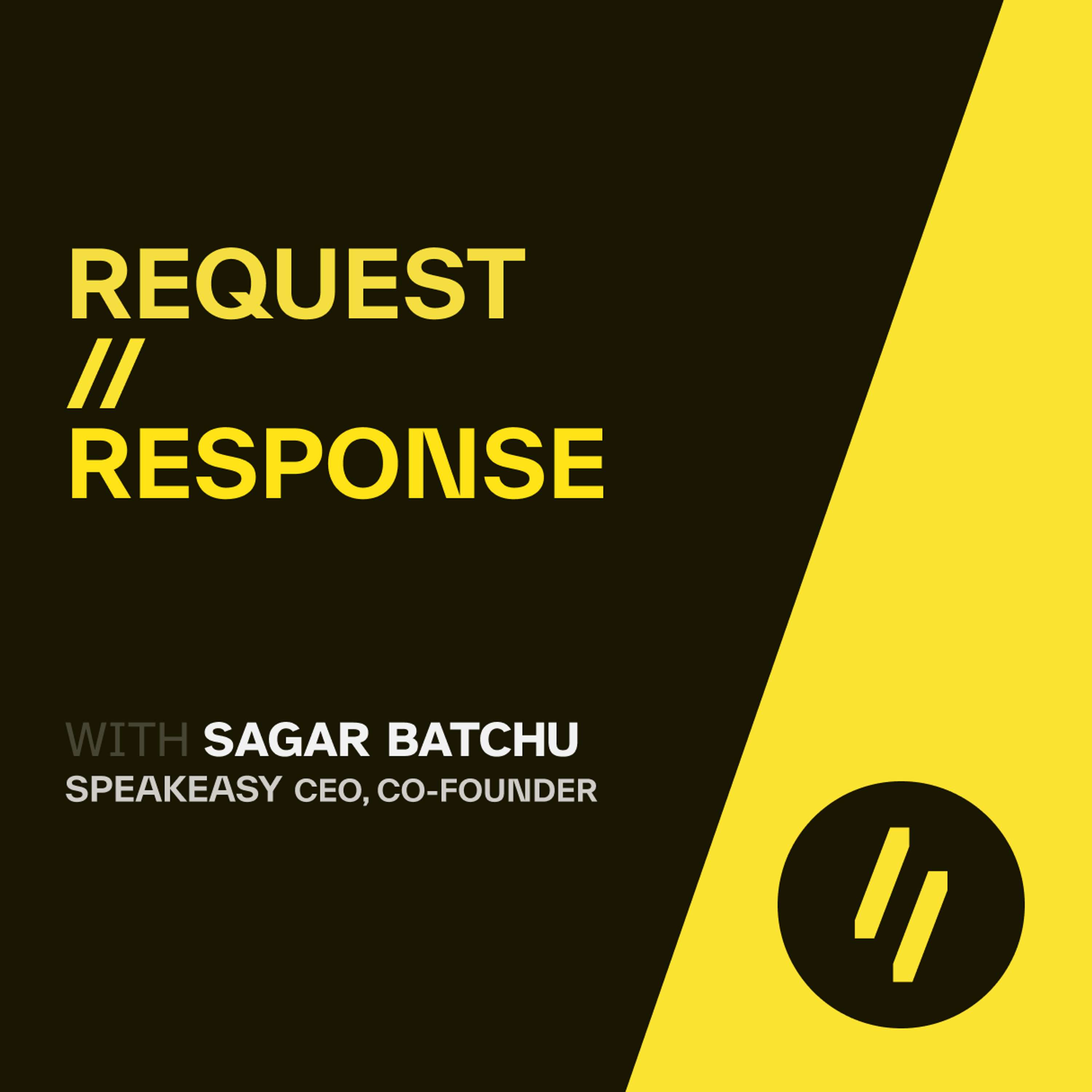Request // Response

Request // Response
Podcast Description
Interviews with developers and API technology leaders.
Hosted by Sagar Batchu, CEO of Speakeasy.
speakeasy.com
Podcast Insights
Content Themes
The podcast explores a range of themes related to API technology and developer experience. Specific topics include API design ergonomics, deployment versus release strategies, and the impact of LLMs on API development, highlighted in episodes featuring Robert Ross discussing gRPC and REST, and John Kodumal on feature flags and their role in the software development lifecycle.

Interviews with developers and API technology leaders.
Hosted by Sagar Batchu, CEO of Speakeasy.
speakeasy.com
In this episode of Request Response, I sit down with Henry and Anirudh, co-founders of Smithery, the easiest place to build, deploy, and discover MCP servers.
We dive into how Henry and Anirudh went from building custom chatbots for specific use cases to creating infrastructure that makes MCP development accessible to any developer.
We explore the fascinating world of Model Context Protocol—from its potential to revolutionize how AI agents interact with external systems to the practical challenges of building reliable, production-ready MCP servers that enterprises actually trust.
Henry and Anirudh share their vision for making MCP as ubiquitous as REST APIs, and we discuss how the ecosystem is evolving from experimental side projects to critical business infrastructure.
If you’re working with AI agents, building integrations, or are curious about the next wave of API-like protocols, this episode offers a ground-floor perspective on technology that could reshape how we think about AI-to-system communication.
Quotes from the Podcast
Why MCP has gained adoption
“MCP has won developer mindshare because it’s really striving to be an open protocol. There were previous attempts to create AI app stores like the GPT store, but those approaches were more of a walled garden where you need permission from the company to be part of the ecosystem. MCP is different – anybody can implement it and your agent can work with it without needing permission from Anthropic. They’re creating their own governance and making this more like HTTP or an open standard that multiple companies are contributing to. It’s made for the developer community.”
The value of specialized AI services and agent orchestration
“I think there is something to be said about specialized AI services. Like I was talking to someone at DeepMind who was of the opinion that building services itself is stupid because the models will get so good that you could just say ‘build me Salesforce’ and the model will do everything for you.
But even as a human who is generally intelligent, I can set up my own software stack on EC2 and build my own Postgres database – I just choose not to because it’s a giant headache. Building software has never been the hassle, it’s been maintaining that software. What you’re seeing is more specialized AI services, like V0 for front-end development versus using Cursor which is general purpose. I think it’s agents all the way down. What we’re trying to build towards is agents getting really good at handing off tasks and isolating tasks – so you can tell your agent ‘build me Salesforce’ with a $30 budget, and that agent should distribute the budget across front-end, back-end, and infrastructure, making intelligent decisions about which specialized services to use for each component.”
MCP reputation and discovery
“Something interesting about MCP itself is the client doesn’t actually know what servers it’s connected to – it only has access to all the tools at once. If you have internet search and another tool called ‘best really good amazing internet search’, what does it choose between? There’s no reputation score assigned, and it doesn’t even know those tools could be from two different servers. What you could do with an auto-router is basically say ‘this server has a bad reputation score’ or ‘this tool call didn’t work on this server’ so we’re going to ignore that server altogether. There could be another layer to help with reputations.”

Disclaimer
This podcast’s information is provided for general reference and was obtained from publicly accessible sources. The Podcast Collaborative neither produces nor verifies the content, accuracy, or suitability of this podcast. Views and opinions belong solely to the podcast creators and guests.
For a complete disclaimer, please see our Full Disclaimer on the archive page. The Podcast Collaborative bears no responsibility for the podcast’s themes, language, or overall content. Listener discretion is advised. Read our Terms of Use and Privacy Policy for more details.